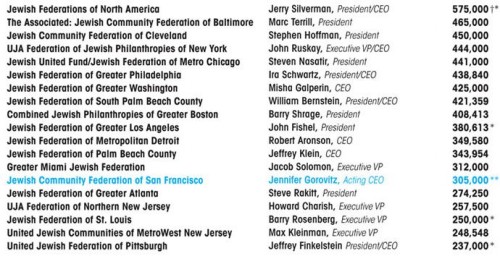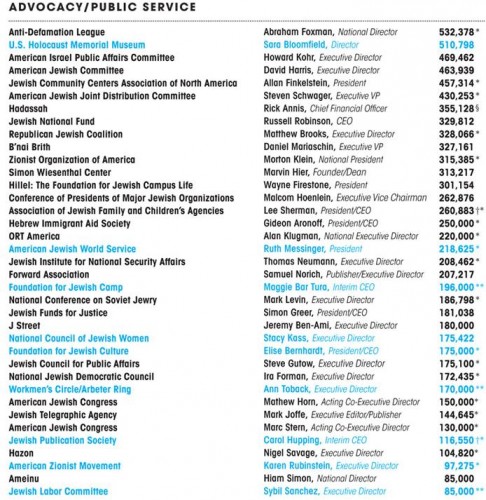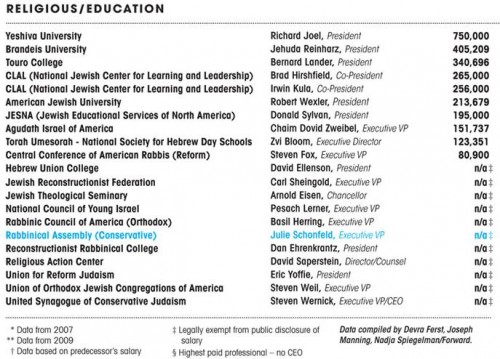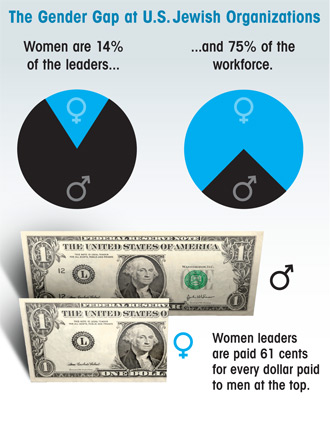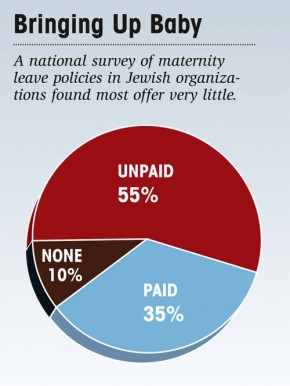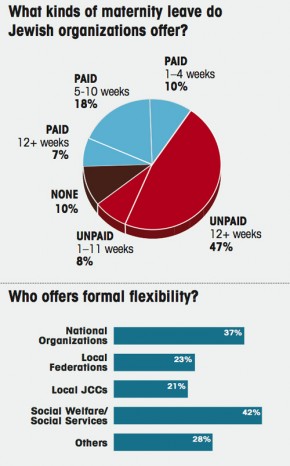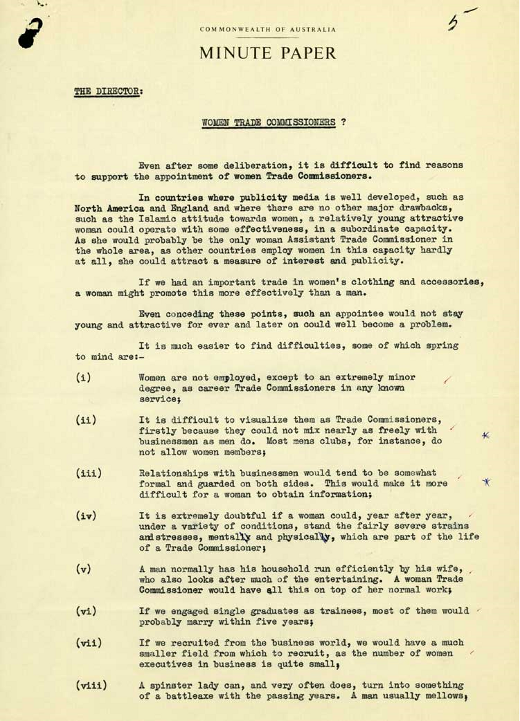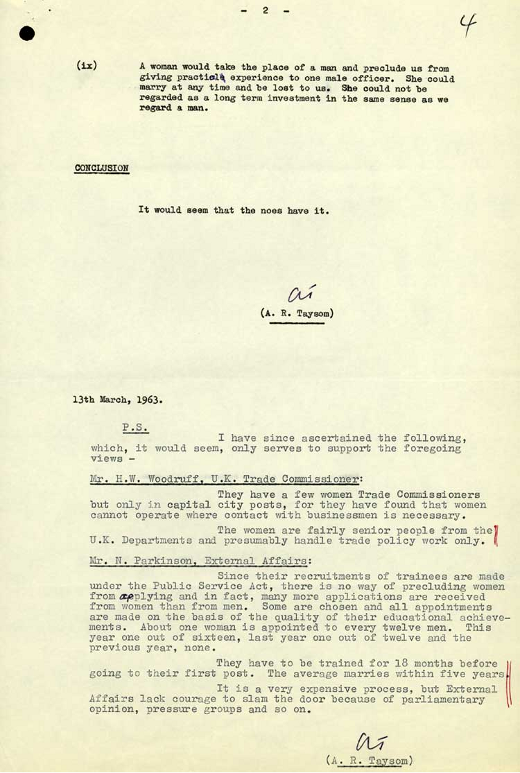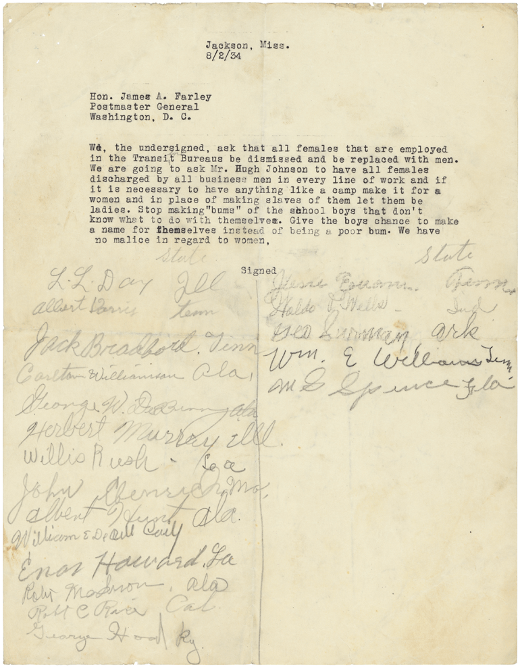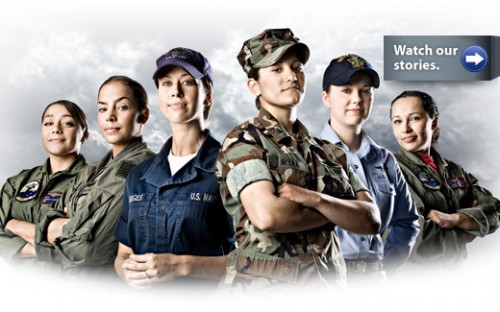Lisa recently posted about a woman who was denied health insurance due to having a C-section in the past; the health care plan would cover her only if she agreed to be sterilized. Mackenzie I.-T. sent in this clip from Anderson Cooper 360 about a woman who was dropped by her insurance company after she was raped, due to her doctors putting her on antibiotics antiretrovirals to try to prevent any possible infection with HIV and her need for therapy:
Embedded video from CNN Video
Classy.

